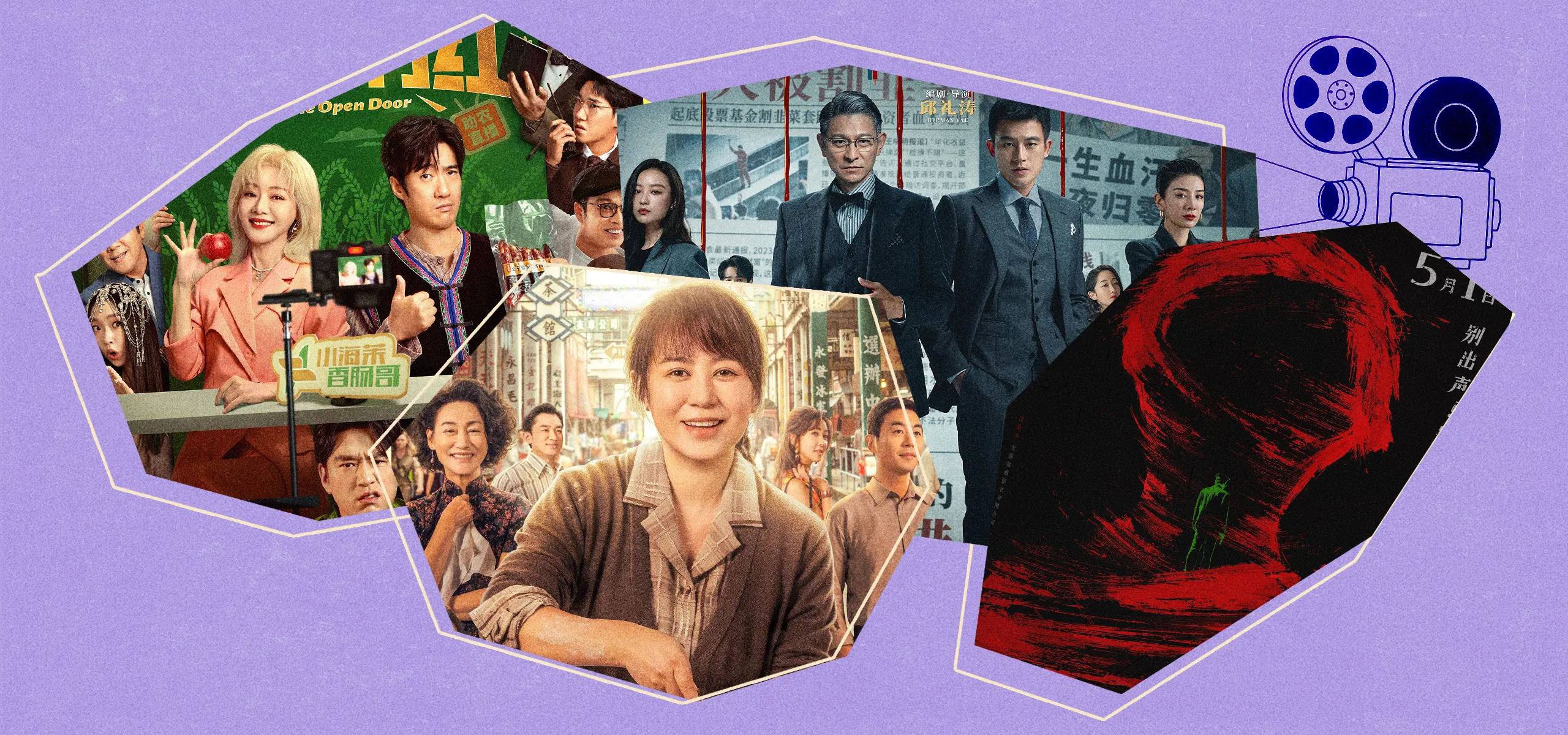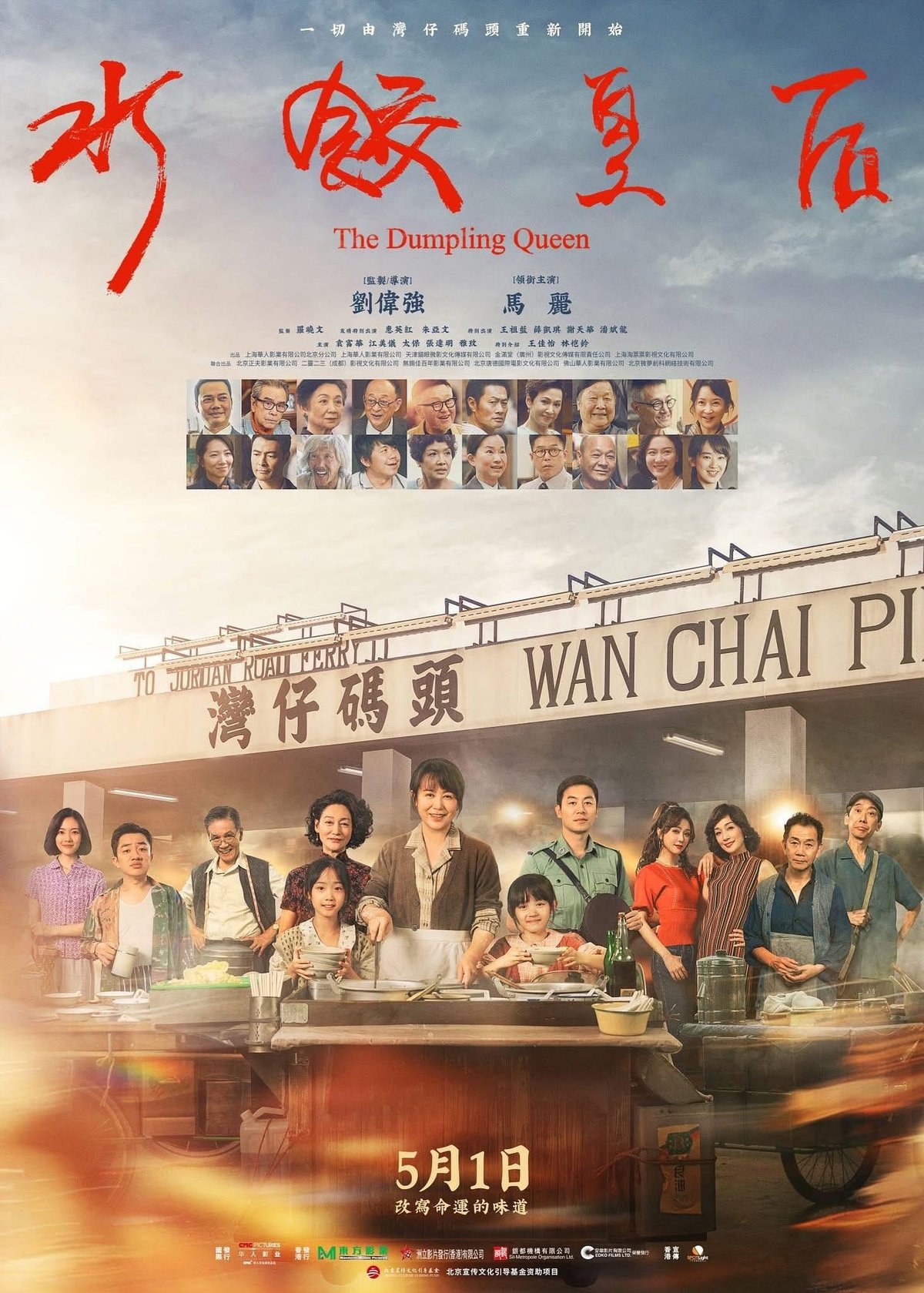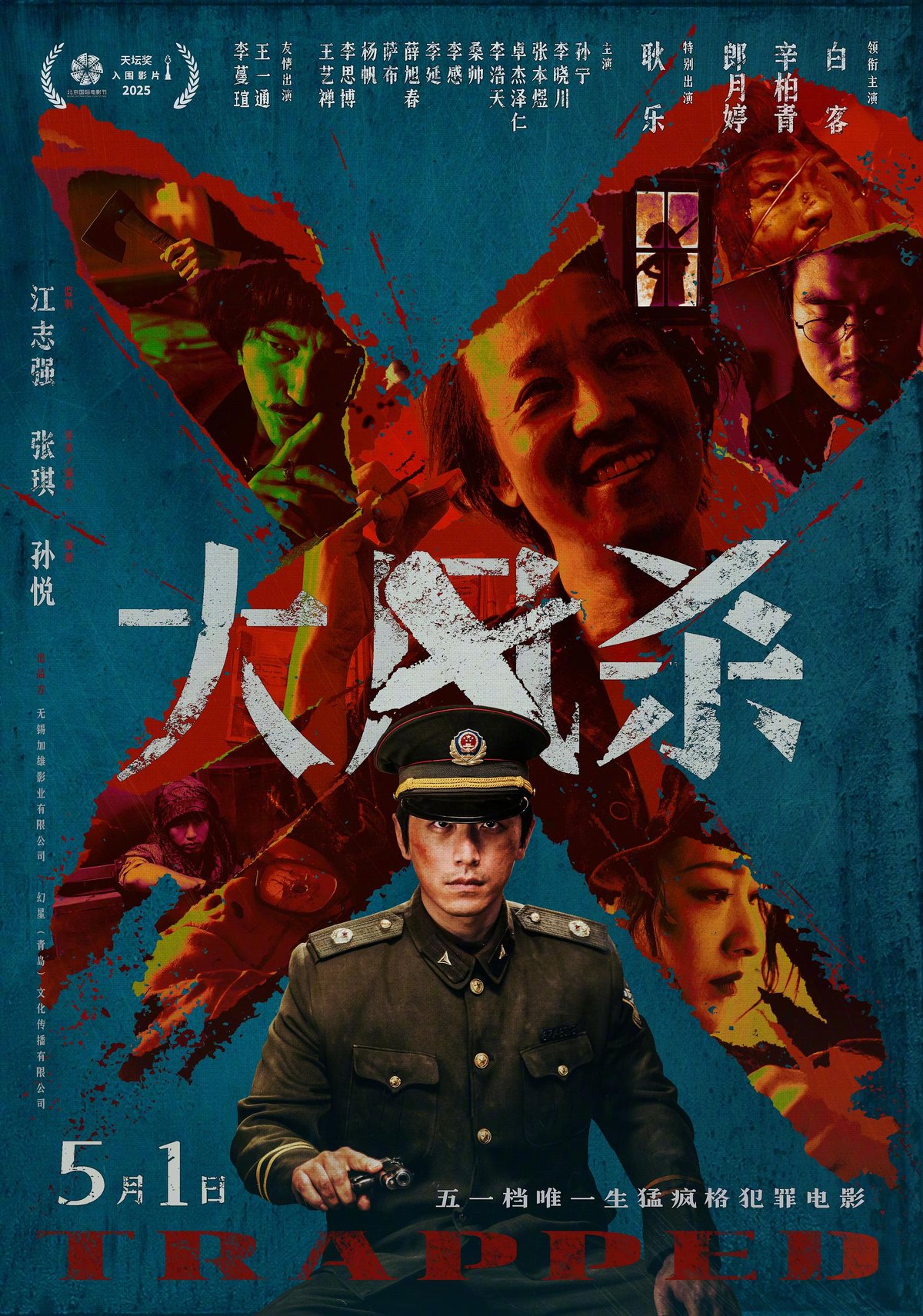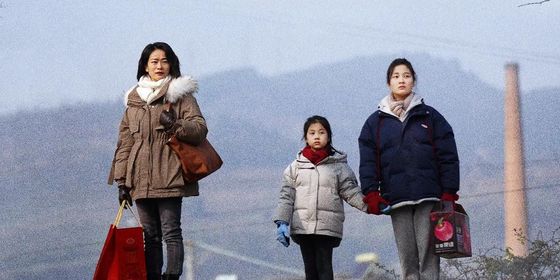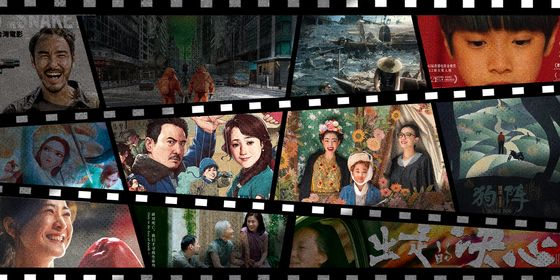Despite a sluggish box office, these Chinese films stood out over the Labor Day holiday this May
In the past three months, the animated hit Ne Zha 2 dominated the box office with extended screenings, grossing over 15 billion yuan and showcasing the tremendous market potential of Chinese animation. However, despite hopes for a market rebound in 2025 after a sluggish 2024, the five-day Labor Day holiday box office painted a bleak picture—revenue plunged over 50 percent from the same period last year, totaling just 747 million yuan.
This sharp decline signals a deeper systemic crisis within the Chinese film industry, where box office success is increasingly dependent on high-profile domestic blockbusters and projects featuring top young celebrities with an established fan base. Hollywood superhero movies, once a major box office draw, also seem to be losing their appeal. Marvel’s Thunderbolts* ranked only fifth, earning just 64 million yuan this past holiday. Meanwhile, the 1997 Japanese animated classic Princess Mononoke ranked third, thanks to Hayao Miyazaki’s loyal Chinese audience.
Read more about China’s movie industry:
- The Rise of Female Perspectives in China’s Movie Industry
- What’s Next for China’s Struggling Independent Film Festivals?
- Total Recap: The Rise of Bite-Sized Cinema
The audience for movies is also undergoing a significant shift. According to Maoyan Research, a Chinese film market analysis service, moviegoers under the age of 30 now make up only 45 percent of the audience, compared to 64 percent in 2017. With the growing variety of entertainment options, such as travel, role-playing games like jubensha (LARPing), concerts, short videos, and micro-dramas, competing for the younger generation’s attention, the movie industry is facing a critical turning point that demands change.
Despite the slow market, the holiday still delivered several highlights, ranging from a biopic about an iconic Chinese female entrepreneur to a suspense thriller, a financial crime drama, and a comedy about livestreaming and internet celebrity culture.
The Dumpling Queen 水饺皇后
Grossing over 192 million yuan, The Dumpling Queen dominated the Labor Day holiday box office with a fitting theme: the real-life story of a female entrepreneur who turned a humble hawker stall into an international food brand through diligent work. The film tells the story of Zang Jianhe (also known as Chong Kin-wo), founder of the frozen food brand Wanchai Ferry, who passed away in 2019 at the age of 73. One of Hong Kong’s most iconic businesswomen, Zang was born in Shandong province. In the 1970s, she left a troubled marriage and moved to Hong Kong with her two young daughters, launching her business by selling boiled dumplings from a wooden cart at a ferry pier.
Directed by veteran filmmaker Andrew Lau—best known for the Infernal Affairs series (2002 – 2003) and his vivid portrayals of Hong Kong street life and fringe communities—The Dumpling Queen offers a nuanced look at working-class neighborhoods in 1970s and 80s Hong Kong, set against the backdrop of the city’s rapid economic rise.
Expanding her range beyond comedy, actress Ma Li delivers a moving performance as a single mother and new immigrant. While some critics found a few dramatic scenes overly contrived, many praised the film’s supporting characters for their depth and warmth—from “Uncle Tong Sui” (Fu-wah Yuen), who helps the protagonist set up her first stall, to landlady Hong Jie (Kara Wai), whose calculating exterior masks a kind heart.
Trapped 大风杀
Set in the 1990s Mangya, a small border town encircled by 200 kilometers of uninhabited land in northwestern China, Trapped centers on a tense standoff between three policemen armed with a single gun and a gang of 44 heavily armed bandits. The gang’s leader, Zhao Beishan (Xin Baiqing), has escaped from prison to recover treasure he once hid across the area.
Winner of Best Screenplay at the 15th Beijing International Film Festival this April, this directorial debut of Zhang Qi has even drawn comparison to the 2007 American Western crime thriller No Country for Old Men for their similarities in story settings and the portrayal of individuals’ struggles in a fast-changing society.
However, Trapped (rated 7 out of 10 on Douban) brought in only around 31 million yuan at the box office—less than one-sixth of The Dumpling Queen’s earnings, despite the latter having a lower Douban rating of 6.7. Though widely praised for its action sequences, visual effects, and cast performances, the film has faced criticism for its weak plot, especially in the second half, for lacking logic and straying too far from reality. Viewers pointed to excessive internal conflict and abrupt betrayals within the gang, as well as the improbable victory of the police.
A Gilded Game 猎金游戏
Directed by Herman Yau, a prolific Hong Kong director best known for his action films, A Gilded Game follows financial mastermind Todd Zhang (Andy Lau) and his fresh-out-of-college protégé Gao Han (Ou Hao) as they navigate high-profile clients, billion-dollar deals, and cutthroat industry rivalry. Instead of following the classic trope in financial crime films, where an idealistic newcomer is led astray by a jaded mentor, the film portrays Zhang as an upstanding, discreet, almost fairytale-like figure guided by principle. It’s the student Gao who quickly falls to temptation.
Despite its star-studded cast and box office earnings of 145 million yuan (the second highest during the Labor Day holiday), the film received a lukewarm reception, earning just 6.4 out of 10 on the popular review platform Douban. Many have criticized the film for oversimplifying the financial battles and reducing all the female characters to mere eye candy.
The Open Door 人生开门红
Adapted from the French comedy La Doublure (2006), this film follows online influencer Xiaohaimo (Deng Jiajia), who fakes a relationship with a grilled sausage vendor to hide her romance with her company’s boss. Thrust into the spotlight, the vendor struggles with sudden fame but eventually wins over millions of fans with his genuine personality, offering a sharp contrast to the exaggerated norms of the livestreaming world.
Behind their hilarious engagement as “contract lovers”, the duo reveals shady practices in the livestream industry, from relationship scams to unfair contracts and low-quality products. These elements are mostly inspired by real-life scandals, according to the director Yi Xiaoxing. The 114-minute film raked in over 64 million yuan during the five-day holiday. Despite plenty of laughs delivered, it has also drawn criticism for the clichéd portrayal of female characters and repetitive use of random gags.





